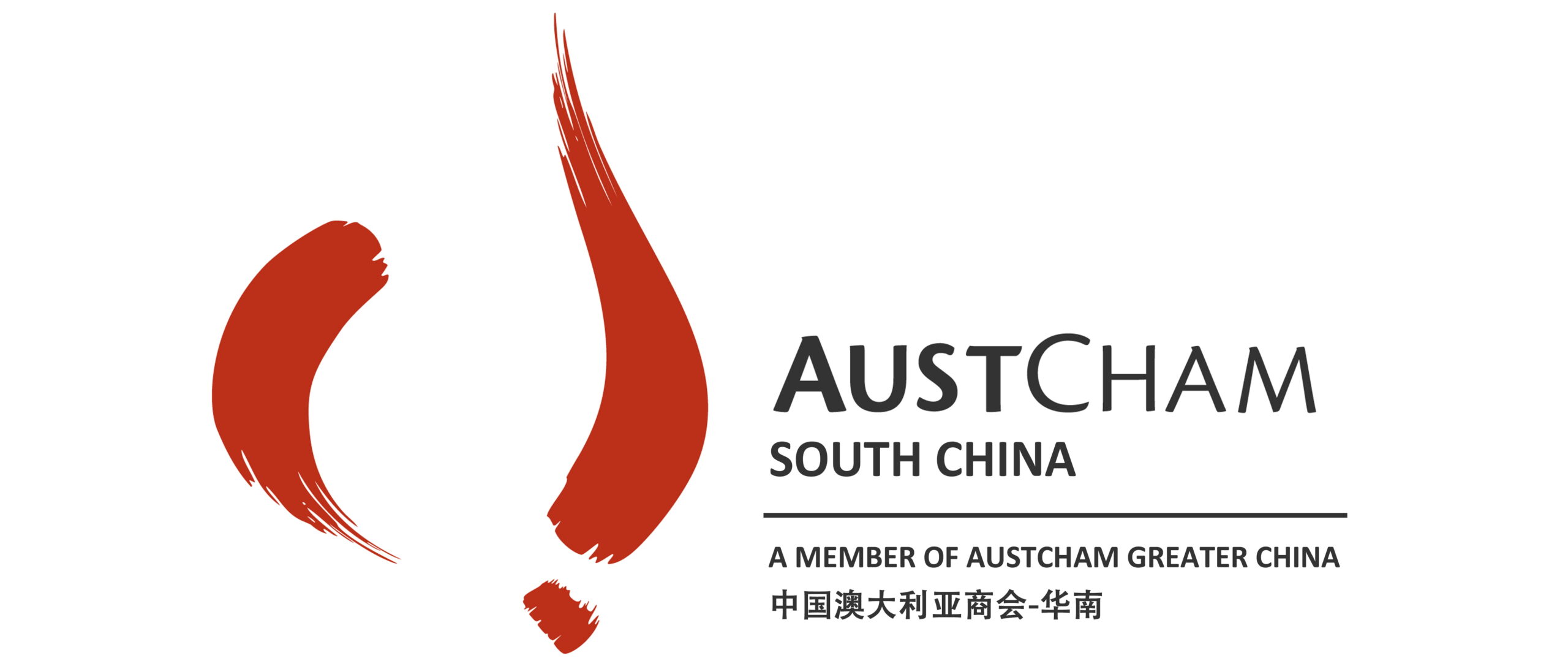
Firstly, many thanks to all the readers and stakeholders who have ‘reached out’ and given valuable feedback after the first installment –The 7 Habits of Elite International Schools in Asia Part 1 – of my series on the habits of EliteInternational Schools in Asia. It was very pleasing to see that my observations resonated with so many and on many different levels of various educational institutions in China and Asia. For those of you wanting to read my stories on Community Service – Community Service in International Schools – and Joint Venture Schools – the New Frontier in China?
首先,十分感谢所有读者和相关人员在我关于精英学校惯例的系列文章的第一期发表后,给予我宝贵的反馈。我非常高兴看到我的观察和中国及亚洲各层级教育机构产生了共鸣。想要阅读我在社区服务和合资企业学校的故事的人,可以点击英文段落的链接。
——————————————
Like most living things in this world, companies, like people, are creatures of habit. International schools are no exception. For some cultural context, our local search engine (Bing) defines habits as a ‘settled or regular tendency or practice, especially one that is hard to give up.’
像世界上大多数生物一样,公司和人都是惯例的产物。国际学校也不例外。在一些文化背景下,我们当地的搜索引擎必应(Bing)把惯例定义为“固定的、规律的倾向或习惯,尤其是那些很难放弃的倾向或习惯。”
The implication from the second half of this definition is what should be most worrying for any schools in Asia aspiring to become international ones, especially for new ones. Like children, how new schools react to new stimuli and situations greatly determines patterns of behavior that are extremely hard to break the longer they are in existence.
这个定义后半部分的含义就是亚洲任何想要成为国际学校的学校,尤其是新学校最担忧的。和孩子们一样,新学校对新的刺激和情境的反应很大程度上决定了他们的行为模式,而这些行为模式存在的时间越长,就越难以打破。
Every year I attend the SearchAssociates Leadership Fair in Bangkok. It is a great sounding board for affairs at my own School, a wonderful networking exercise, as well as a unique way of canvassing feedback, theories and data for my ongoing PhD at Monash University. (For many of you also on this path of postgraduate studies, you also know full well the benefits of this different stimuli – read holiday – on the academic brain!)
每年我都会参加在曼谷举行的SALF。它是我自己学校事务的宣传平台,一个很好的社交网络,也是我在攻读莫纳什大学博士学位时收集反馈、理论和数据的一种独特方式。(你们中的大部分人也在研究生学习的道路,你也知道不同刺激对学术大脑的好处–为大脑提供阅读假期)
In my various conversations and observations with these leaders over the last few years plus existing ones in other school models across Australia, China, Asia and beyond, the same themes keep emerging in broader contexts. It is no coincidence that the ‘best’ schools– by any metric you care to use – have these in common.
在过去几年里我与这些领导人及澳大利亚、中国、亚洲和其他国家的其他学校的领导人进行了多次对话观察,在更广泛的背景下,同样的主题不断涌现。无论使用什么标准,这些“最好”的学校都有这些共同点,这并非巧合。
The following is by no means an exhaustive list but one which warrants further exploration in its own right. For now, and for the purposes of this article, aspiring school leaders and stakeholders can use this a ‘crash course’ or International School CPR checklist.
以下不是一份详尽的清单,而是一份本身值得探讨的清单。出于本文的目的,现在有抱负的学校领导和利益相关者可以使用这个“速成课程”或者国际学校CPR检查表。
Transparency 透明度
Does everyone in your school know what others roles are, or vice versa? Are there seemingly clandestine meetings happening on a daily basis where you think to yourself ‘I wonder what they are talking about’? A big factor that plays into the effectiveness of transparency is that of school structure, trust and clear lines of reporting. Many China based foreign principals have commented on the tendency to collectivize all school tasks with the Local Boss having final say or ‘sign off’ on said action items. Whilst an efficient and productive method this can also be hazardous in that the experts are not always the ones giving the input that is needed to said areas. One noted that this method witnessed a local employee with no foreign education experience appointed as Head of College Pathways which created strain and tension within the School. Another commented on a local Board Member directly involving themselves in operational staff meetings about curriculum which left a great number of educators confused on many levels. The best schools seem to put great trust in their structures and their appointed staff to make the right call.
你们学校的每个人都知道其他人的角色吗?是不是每天似乎都有秘密会议,而你对自己说“我不知道他们在讨论什么”?影响透明度有效性的重要因素是学校架构,信任和清晰的报告路线。许多在中国工作的外国校长对学校任务的集团化趋势发表了评论,说中国人(称作“大老板”)对这些行动项目有最终话事权。虽然这是一种有效但危险的方法,因为专家并不总是为上述领域提供所需的投入。有人指出,这种方法见证了一名没有国外教育经验的当地员工被任命为学院院长,这在学校内造成了紧张局面。另一位成员评论说,一名当地董事会成员直接参与有关课程的业务工作人员会议,这使许多教育工作者在许多方面感到困惑。最好的学校似乎对自己的结构和任命的员工十分信任,相信他们能做出正确的决定。
Ideally: Clear and stable school structure that emphasizes and explains ‘lines of reporting’ –i.e. who has the final say on work before it is handed onto the next person. Task allocation to the right people. Emphasis on proactivity.
理想:清晰而稳定的学校结构,强调并解释“汇报路线”——即在工作移交给下一个人之前,谁拥有最终话事权。任务分配给合适的人。强调积极主动性。
Reality: Constantly changing structure. ‘Flat’ hierarchy. Almost all decisions centralized to the‘Big Boss’. Inefficient, antiquated and unable to deal with fast paced environments. Leads to reactive tendencies.
现实:不断变化的结构。扁平的层次结构。几乎所有的决定都集中在“大老板”身上。效率低下、过时、不能快速应对环境变化。有反应倾向。
Staff Wellbeing and Professional Development 员工福利及专业发展
It is amazing how many seemingly wonderful schools have the appearance of a functional family but are anything but once you scratch past the thin surface of a choreographed whole school assembly or event. It is in the recesses of hallways, playground duty conversations or classroom to classroom ‘pop in’s’ that educators will ultimately go home fulfilled or tossing and turning about issues (in)consequential to the task at hand; educating! Openness, harmony, avenues to vent and relevant professional development are the buzzwords I constantly encounter when discussions take place regarding staff recruitment and retention. In a constantly changing and competitive global landscape we encourage our students to be lifelong learners in order to adapt to said environment and yet many complain of inadequate funding, opportunities or endless bureaucracy when applying for said development. Cup of irony, anyone!?
令人惊讶的是,许多表面上看起来很棒的学校,表面上看起来功能齐全,但一旦你揭开了整个学校精心编排的集会或活动的薄薄的一层面纱,你就会发现,它们根本就不是这样。正是在走廊的角落、操场上的责任对话或教室与教室之间的“突然进入者”中,教育者们最终会带着成就感回家,或是在与手头任务相关的问题上辗转反侧;教育!开放、和谐、发泄的途径和相关的专业发展是我在讨论招聘和留住员工时经常遇到的流行语。在不断变化和竞争的全球环境中,我们鼓励我们的学生成为终身学习者以适应上述环境,但许多人抱怨说在申请上述发展时存在资金不足、机会不足或无休止的官僚主义的情况。讽刺的是,有人知道吗?
Ideally: Relevant whole school internally and externally sourced PD at least once a Semester plus individual stipends for individual PD workshops (usually external). Weekly staff briefings and staff meetings for staff to troubleshoot and solve problems together. Annual Caps on weekend days for staff work – overtime rates paid for days worked beyond. Incentives for staff undertaking postgraduate studies.
理想:至少每学期一次相关的整个学校内部和外部来源的专业发展,并为个别的专业发展工作室(通常是外部的)提供个人津贴。每周召开员工简报会和员工会议,共同解决问题。员工周末加班的年度上限–加班天数的加班费。鼓励员工修读研究生课程。
Reality: Next to no meaningful professional development. Forced ‘staff fun days’. Expectations of long working days – and weekends. ‘Quantity over quality’ mentality from Local School management.
现实:几乎没有任何有意义的专业发展。强制的“员工玩乐日”。期待长时间的工作日和周末。学校管理中存在“数量重于质量”思想。
Author Information
Alexander Paltos

Alex has been an educator for almost 20 years. Over half of that time has been spent working outside his native Australia in the UK and the Middle East, including working for international schools or schools that have an ‘international footprint’. His current role is as Founding International Principal of Meisha Academy by Haileybury, in Guangzhou. It is a joint venture school between Haileybury Australia – one of the most academically successful private schools in Australia in recent years – and Vanke Real Estate – a construction giant located in the south of China and comprising over 30000 employees. The school is an inner city Year 9-12 boarding school that will deliver the VCE Curriculum. The school aims to amalgamate the best of Chinese and Western pedagogical practices.


